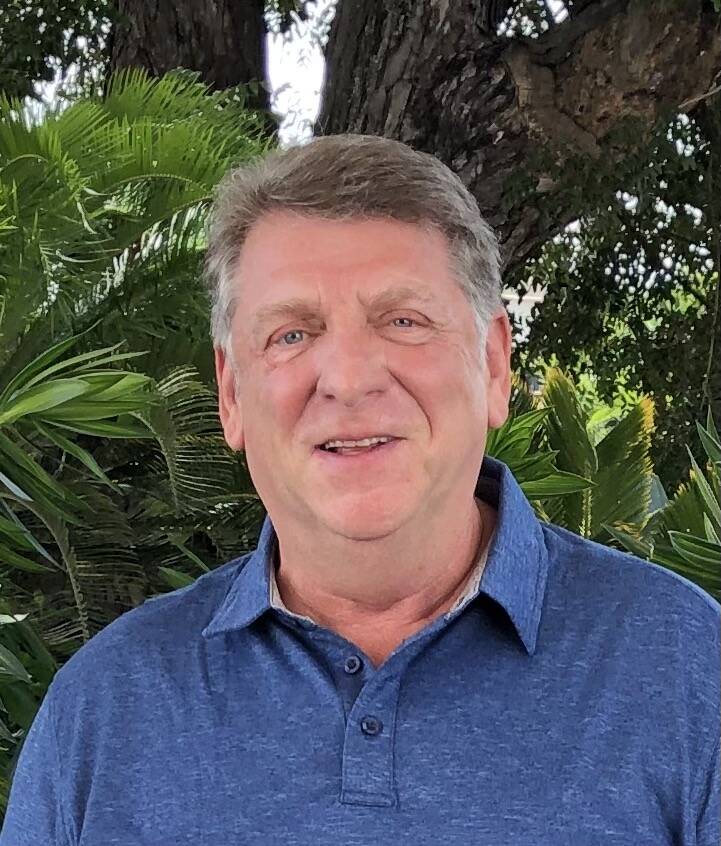Profoundly religious, the Russian people were shaken to their core by the Russian Orthodox Church liturgical reforms introduced by Patriarch Nikon (1666–1667) who had dared to correct the mistakes in the manuscripts of the holy books. Many devout believers refused to renounce the errors of their fathers, consecrated by tradition. Subsequently, numerous rural settlements of Russian Old Believers were established almost everywhere in Russia and, eventually, abroad.
The dissenters did not want to base their faith on anything new except the old texts from centuries ago; and they would observe only old traditional customs and worship practices denounced by the present Russian Orthodox Church.
Eventually, persecution by the Russian tsarist government and aggressive treatment by their hostile neighbors and the State Orthodox Church forced Orthodox Old Believers into remote and undeveloped rural areas, where they quietly continued to practice their old rituals, periodically moving when threats of persecution by a hostile regime and intrusion by outsiders of different faiths and beliefs caught up with them again. Several of these groups migrated to the United States in the 1960s, settling in rural areas of Oregon and Alaska.
History of the Russian Old Believers is the most dramatic and vivid example of a large segment of people who opposed new liturgical and worship changes and managed to preserve their 17th-century religious practices, national traditions and core cultural values, despite constant exposure to various geographic, religious, ideological, economic and social challenges to which they have been subjected for the past 355 years.
Drawing on historical accounts and ethnographic research since 1983, I posit that the cultural persistence evidenced by Old Believer settlements in Alaska is due to the cognitive conservative rational preselection and/or rejection of culture traits and adaptive strategies that have demonstrated their survival value, cultural continuity and “living memory” during lengthy periods of religious persecution and geographical relocations.
Since the mid-17th century, the core cultural values and ancient Orthodox institutions of Old Believers have changed very little, despite exposure to a multitude of different socio-physical environments over the course of 355 years. As such, Russian Old Believer culture in Alaska remains little changed from its earlier heritage.
Of course, Old Believer culture has evolved somewhat in the past 355 years. Life in close contact with aboriginal populations of China, Brazil, Australia, the United States, Canada and the former Soviet Union, and the influence of modern technologies and cultural values of the United States and Canada have led to disobedience of traditional ways among Old Believers’ youth. Despite a value structure strongly favoring cultural persistence and stability, they have gradually institutionalized practical ideas and elements of modern technologies (e.g., telephones, automobiles, home appliances and even televisions among some families) into their social structure.
Certainly, Old Believers in Alaska have changed in some ways since the 1960s. The greatest changes have been in matters of material, technological and secular culture and social life, and those reflect adaptation to circumstances rather than fundamental alteration of their cultural identity.
Religious matters and values have been the most stable elements of their culture. To Old Believers, religion is not an institution parallel to economics, politics, or kinship, but it is the soul of their society; it is more fundamental than other elements, and permeates all of them. For Alaskan Old Believers, religion is not limited to a particular sphere of life; it is all pervasive and dominates everything. Religion determines their moral values, appearance, eating habits, the roles of children, women and other adults of their society; it shapes their social behavior and subsistence practices.
Their insistence on preservation of the 17th-century pre-reform rituals of the Russian Orthodox Church has resulted in persecution and constant dislocation during the past 355 years. In Alaska, they have found religious and traditional freedom, economic survival, a sense of belonging, and state protection of their cultural values.
In June 1975, 59 Old Believers of Nikolaevsk village in the Kenai Peninsula became citizens of the United States. The naturalization ceremony took place at the Anchor Point school near their homes. After the ceremony, Kiril Martushev spoke for all of the villagers: “For a long time, we have looked for a place in the world where we could live our own lives and be free in our beliefs in God. We have found what we were looking for here, and that is why we decided to become citizens of this great United States.”
There was scarcely a dry eye in sight when Kiril sat down.
The darkest time of the day is before the sunrise. America is the sunrise for the Russian Old Believers in Alaska.
Alexander B. Dolitsky was born and raised in Kiev in the former Soviet Union and settled in Juneau in 1986.

